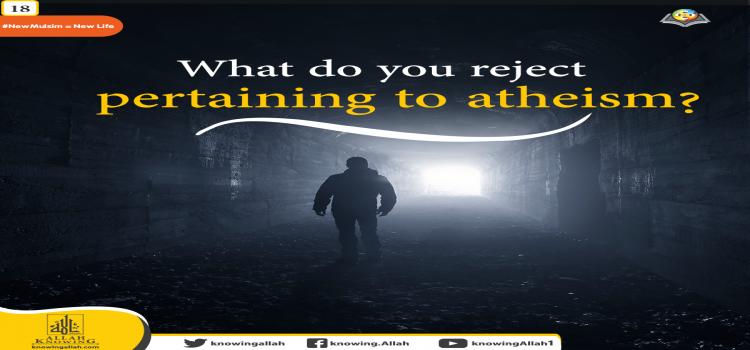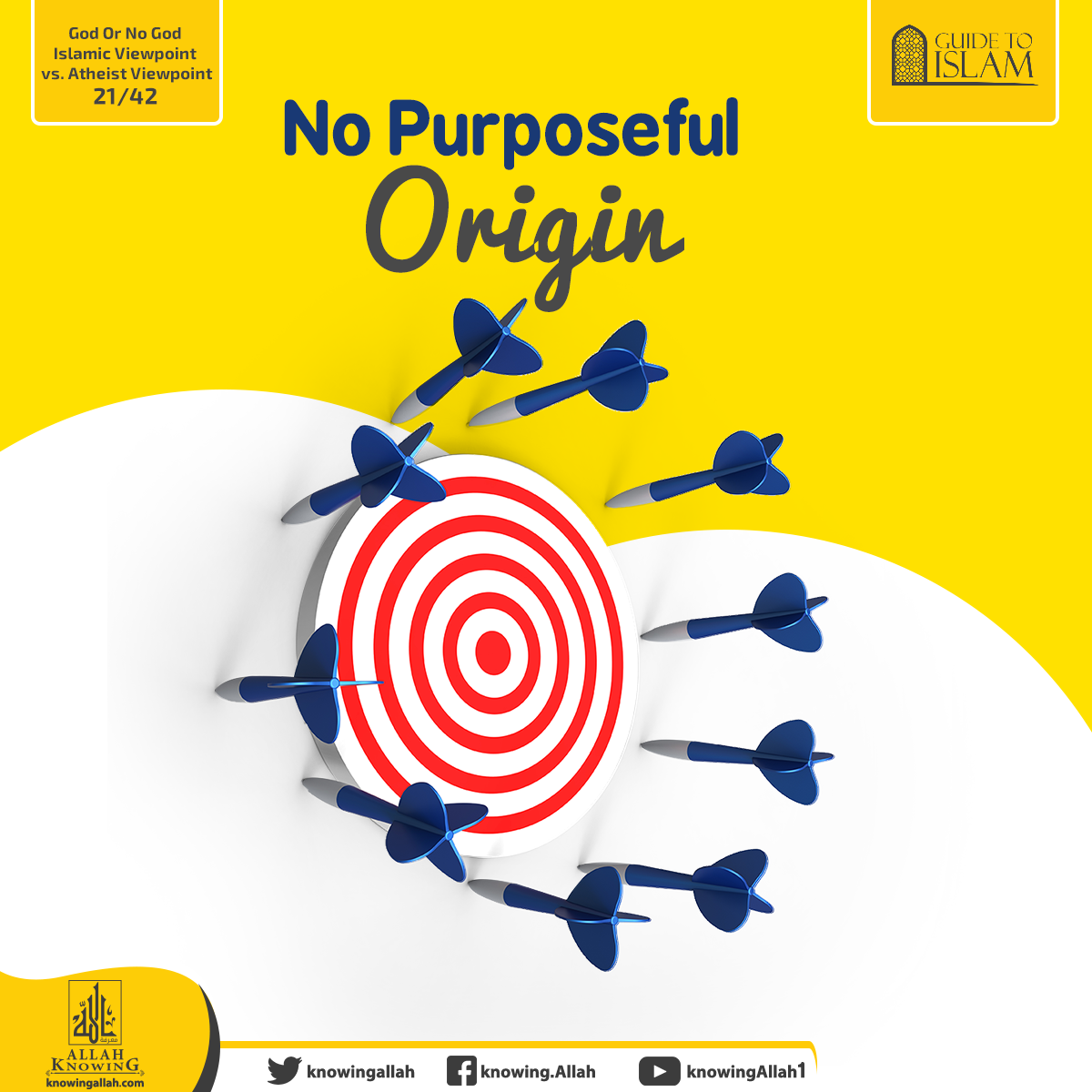Life Without God: The Implications of Atheism (Part 3 of 5)
No ultimate purpose
"I do not know why we are here, but I’m pretty sure that it is not in order to enjoy ourselves."[1]
These are the words of influential philosopher Ludwig Wittgenstein. Like many philosophers, he did not have an answer to the question: What is the purpose of life? But he did indicate that life is not just a game. Other people, however, have argued that the question is false. There may be nothing we should be bothered about. We should carry on living and not worry about why we are here. The Nobel Prize winner Albert Camus explained this attitude in the following way: "You will never live if you are looking for the meaning of life": is it reasonable to believe we have a purpose? To help answer this question, let us take the following illustration into consideration:
You are probably reading this book sitting on a chair, and you are wearing some clothes. So I would like to ask you a question: For what purpose? Why are you wearing the clothes, and what purpose does the chair have? The answers to these questions are obvious. The chair’s purpose is to allow us to sit down by supporting our weight, and our clothes fulfil the purpose of keeping us warm, hiding our nakedness and of course making us look aesthetically pleasing. Our clothes and the chair are lifeless objects with no emotional or mental abilities, and we attribute purpose to these. Yet some of us do not believe we have a purpose for our own existence. Naturally, this seems absurd and counter-intuitive.
Having an ultimate purpose for our lives implies that there is a reason for our existence—in other words, some kind of intention and objective. Without an ultimate purpose we have no reason to exist, and we lack a profound meaning for our lives. This is the perspective of naturalism. It dictates that we merely spring from prior physical processes. These are blind, random and non-rational. The logical conclusion of this indifferent view on our existence is that we are riding on a sinking ship. This metaphorical ship is our universe because, according to scientists, this universe is heading towards its inevitable demise and will suffer what they call a ‘heat death’. Human life will be destroyed prior to this heat death as the Sun will eventually obliterate the Earth.The Selfish Gene, our bodies have developed to do just that.[4] The problem with this view is it relegates our existence to a random accident via a lengthy biological process. This renders the human nothing more than a by-product, an incidental being that emerged via the random collision of particles and the random rearrangement of molecules.
Islam’s view on the purpose of our lives is intuitive and empowering. It elevates our existence from products of matter and time to conscious beings who choose to have a relationship with the One who created us. Atheism and naturalism provide no ultimate purpose for our existence.
References
- Cited in BBC (no date) Radio 4 – in our time – greatest philosopher – Ludwig Wittgenstein. Available at: https://www.bbc.co.uk/radio4/hi... [Accessed 1st October 2016]
- Cited in Pollan, S. M. and Levine, M, (2006) It’s All in Your Head: Thinking Your Way to Happiness. New York: HarperCollins, p. 4.
- Williams, M. (2015) The Life Cycle of the Sun. Available at: https://www.universetoday.com/18847/life-of-the-sun/ [Accessed 2nd October 2016].
- Dawkins, R. (2006) The Selfish Gene. 30th Anniversary edition. Oxford: Oxford University Press.



